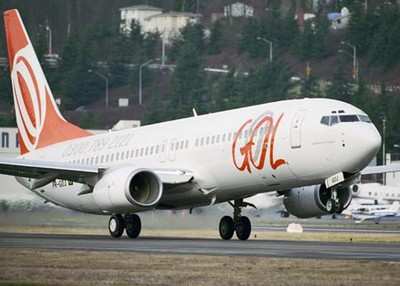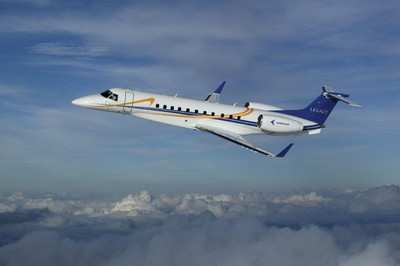Mon, Dec 08, 2008
Advertisement
More News
 True Blue Power and Mid-Continent Instruments and Avionics Power NBAA25 Coverage
True Blue Power and Mid-Continent Instruments and Avionics Power NBAA25 Coverage
Mid-Continent Instruments and Avionics and True Blue Power ANN's NBAA 2025 Coverage... Visit Them At Booth #3436 True Blue Power Introduces New 45-watt Charging Ports for 14- and 2>[...]
 ANN's Daily Aero-Term (10.15.25): En Route Automation System (EAS)
ANN's Daily Aero-Term (10.15.25): En Route Automation System (EAS)
En Route Automation System (EAS) The complex integrated environment consisting of situation display systems, surveillance systems and flight data processing, remote devices, decisi>[...]
 Aero-News: Quote of the Day (10.15.25)
Aero-News: Quote of the Day (10.15.25)
“Our Kodiak aircraft family is uniquely designed to meet the rigorous demands of such deployments, bringing short takeoff and landing performance, robust cargo capacity and e>[...]
 ANN's Daily Aero-Linx (10.15.25)
ANN's Daily Aero-Linx (10.15.25)
Aero Linx: Australian Society of Air Safety Investigators (ASASI) The Australian Society of Air Safety Investigators (ASASI) was formed in 1978 after an inaugural meeting held in M>[...]
 NTSB Final Report: Jeremy S Lezin Just SuperSTOL
NTSB Final Report: Jeremy S Lezin Just SuperSTOL
Left Main Landing Gear Struck A Bush, And The Right Wingtip Impacted The Ground Analysis: According to the pilot of the tailwheel-equipped airplane, he noticed that the engine oil >[...]
blog comments powered by Disqus





